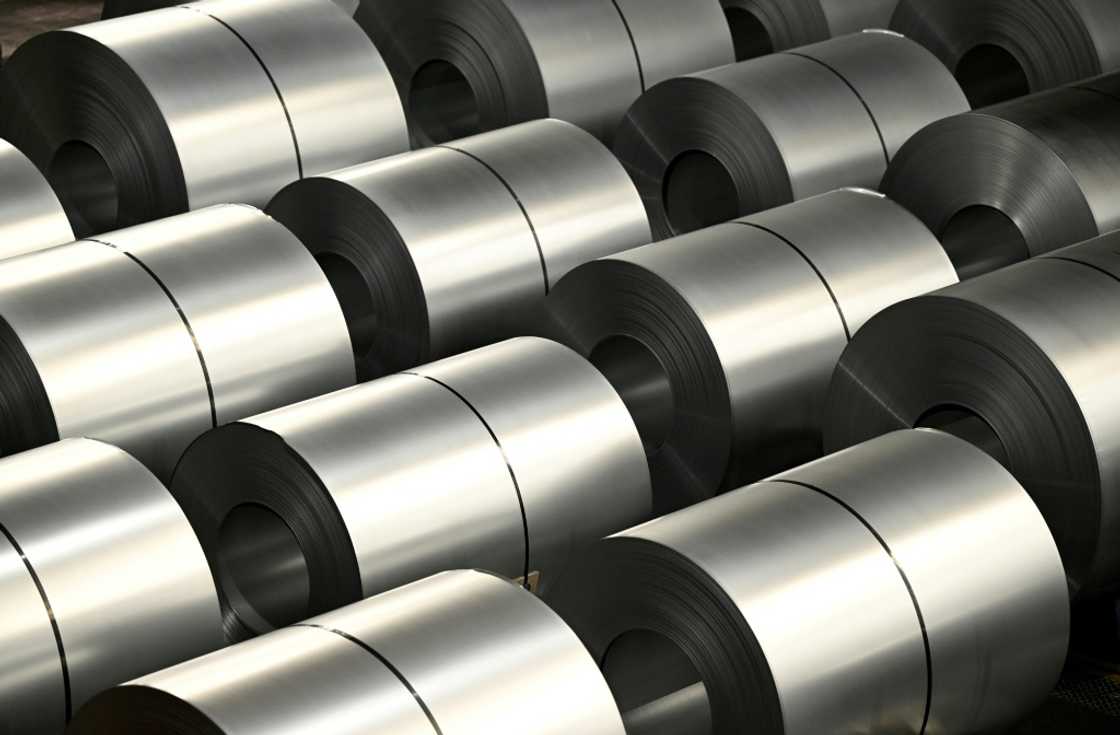German plans to lower industrial power costs from January

Source: AFP
Germany plans to begin a scheme to slash energy costs for power-hungry manufacturers in January, the economy minister said Monday, part of efforts to revive Europe's struggling industrial powerhouse.
Sectors like chemicals and steel production have long been complaining that high electricity prices in Germany are adding to their burdens.
The conservative-led government, which took power in May, has promised to bring them down as it seeks to turn around Europe's biggest economy following two years of recession.
"I am assuming that we will introduce the industrial electricity price from January 1, 2026," Economy Minister Katherina Reiche said at a conference in Berlin.
"We are in the final stages of negotiations with the European Commission".
Reiche did not give further details. But the Handelsblatt financial daily reported that, under proposals put forward for the scheme, it could cost the government up to 4.5 billion euros ($5.2 billion) over three years.
To implement the plan, Berlin needs an exemption from EU state aid laws that generally ban high national subsidies. Exceptions are permitted to protect domestic industries.
Reiche said lower power prices would in particular be "key to the competitiveness of steel".
Crisis talks are due to take place in Berlin Thursday on helping the country's steel industry, which is facing fierce competition from cheaper Asian producers.
According to the Handelsblatt report, an energy advisory body and think tanks suggest targeting a subsidised price of five cents per kilowatt hour, substantially lower than the average now, and some 2,000 companies could benefit.
Firms that receive the subsidies would be obliged to boost investments in reducing greenhouse gas emissions.
The plan has faced criticism from some quarters, including that it could discourage companies from lowering energy consumption, slow the green transition, and that it applies only to firms and not households.
German energy prices surged after Russia slashed supplies of cheap gas to the country in 2022 amid soaring tensions over Moscow's invasion of Ukraine.
While Berlin has found alternative sources of energy since then, prices still remain far higher than before the war began.
Source: AFP



